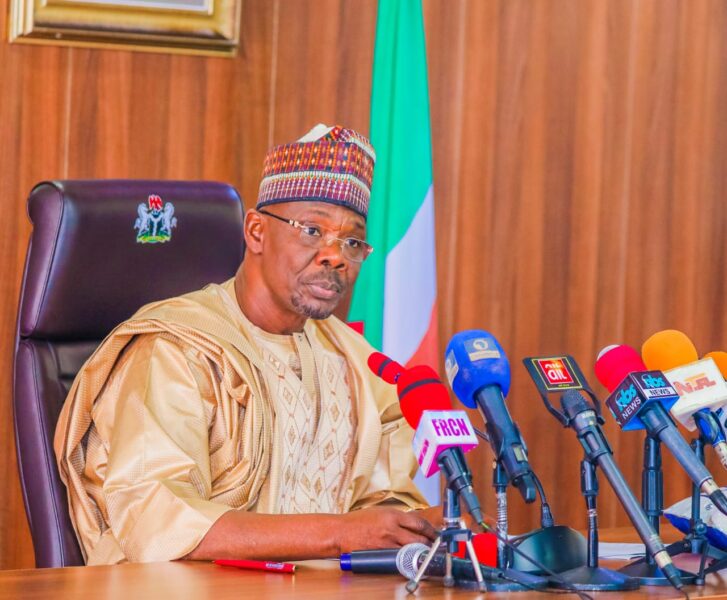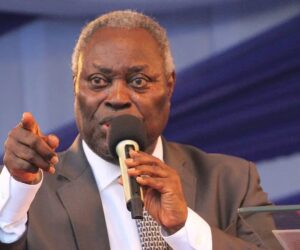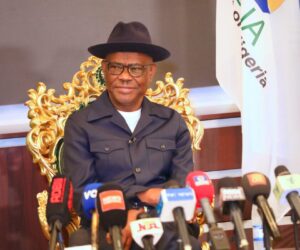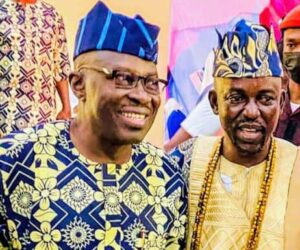…restates call to diversify economy
Governor Abdullahi Sule of Nasarawa State has highlighted the gains recorded by his administration in the areas of mining, agriculture, education and human capital development.
Sule spoke as a panelist during a joint session of the United Nations World Food Programme (WFP) and the African Development Bank AfDB) organised on the sidelines of the Nigeria Economic Summit in Abuja, on Tuesday.
The governor recounted the success story of the state’s education sector, recalling that at the commencement of his administration in 2019, the state’s WAEC enrollment and performance were very low, with Nasarawa State ranking 28th out of 36 states.
He stated that the state government took a decision to pay for WAEC registeration fees for all students which spurred Nasarawa to 5th position in the country this year.
The governor further highlighted major reforms in the solid minerals sector, adding that following the discovery of high-quality lithium, an executive order was issued to ban the export of raw minerals, mandating local processing.
Read also: Lagos boosts housing stock with 10,000 units in six years
He explained, the policy has given birth to major foreign and domestic investments, including the largest lithium mining and processing facility in Nigeria, with a capacity of 3000 metric tons daily, and another 6000 metric ton plant set to be commissioned by President Ahmed Bola Tinubu.
Governor Sule also emphasised the fundamental connection between investment and human capital, explaining that the state has entered into partnerships with companies where signature bonuses are used to fund training for the local workforce.
He acknowledged the ongoing job of rehabilitating the state’s 1,400 public primary schools, noting that while significant progress has been made, moving from 10 percent to nearly 50 percent of schools meeting good standards, more work remains.
He reiterated his administration’s commitment, reflected in consistently allocating over 26 percent of the annual budget to education.
On agriculture, the Governor stated that the sector remains a non-negotiable priority for national food security, especially given its 26 percent contribution to the national GDP.
He described the state’s practical steps in agriculture, with his administration starting with the cultivation of 2,000 hectares of rice, which was successfully harvested and sold to Olam, with the state now expanding by clearing an additional 1,300 hectares of virgin land.
He expressed confidence in the state’s potential, boosted by storage infrastructure set up by the Federal Government in Lafia, urging every state in the federation to leverage its own agricultural potential.
Governor Sule restated that for Nigeria to achieve true economic prosperity, every state must look inwards and unlock its unique potential in sectors like mining and agriculture, moving the nation firmly towards a diversified and sustainable economic future.
“The good thing about Nigeria is that every state has potential for agriculture. There is no state whatsoever that if they want to go into agriculture, they will encounter difficulties,” he stated.









